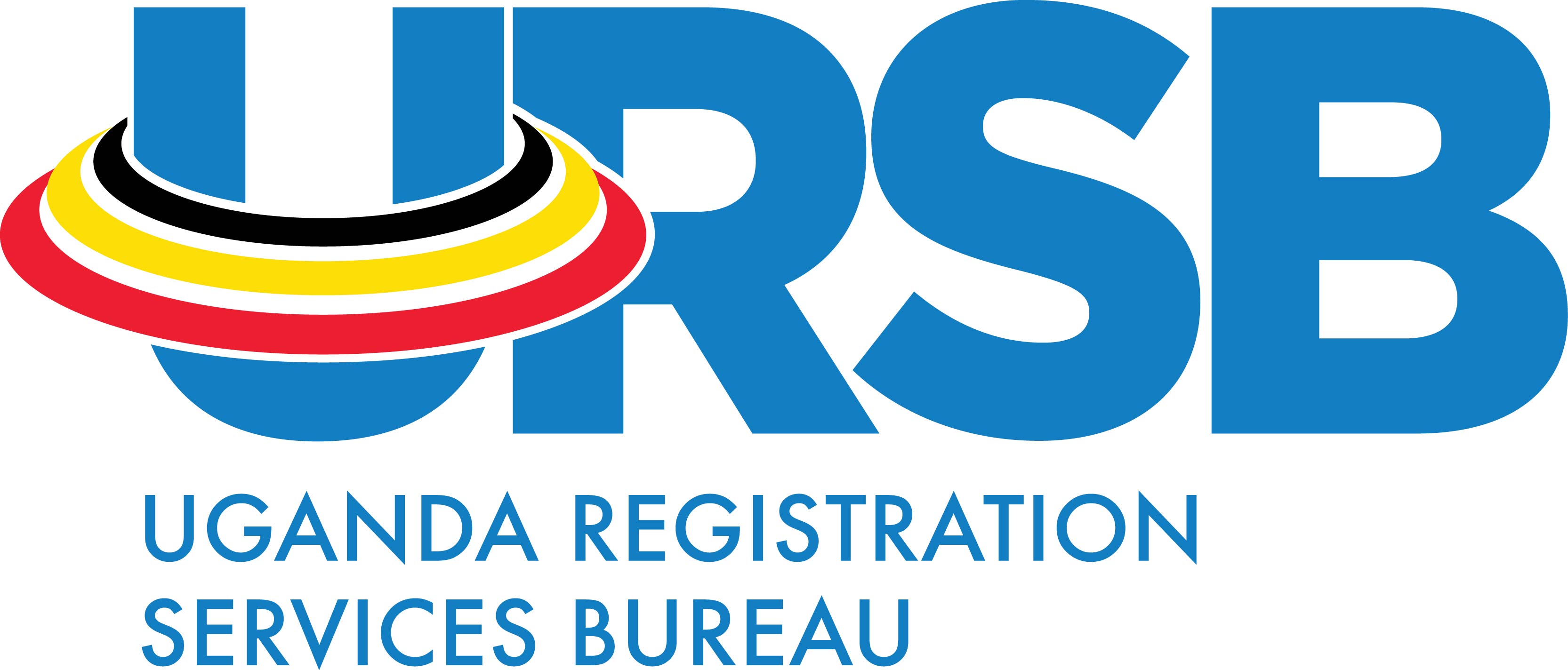The URSB Enforcement Unit
Respect of Intellectual Property is important if IP rights holders are to benefit from protection granted by law.
URSB in collaboration with the Uganda Police established an Enforcement Unit to facilitate enforcement against counterfeit and piracy.
COUNTERFEIT
Counterfeit is the infringement of trademark whereas piracy is the infringement of Copyright.
Counterfeit refers to goods including packaging, coloring and designing of products bearing without authorization a trademark which is identical to a trademark validly registered in respect of those goods or a trademark which cannot be distinguished in its essential aspects from that trademark and which thereby infringes the rights of the owner of the trademark in question under the Trademarks Act.
These approaches involve differences with respect to important questions, such as the conditions for protection or the scope of protection. On the other hand, two of the modes of protection — namely suigeneris systems and collective or certification mark systems — share some common features, such as the fact that they set up rights for collective use by those who comply with defined standards.
Broadly speaking geographical indications are protected in different countries and regional systems through a wide variety of approaches and often using a combination of two or more of the approaches outlined above. These approaches have been developed in accordance with different legal traditions and within a framework of individual historical and economic conditions.
Counterfeiting is alleged where:
- A trademark is registered with
- The trademark is infringed by the use of either an identical trademark or a mark that cannot be distinguished in essential aspects from the registered trademark in respect of the same
The Trademarks Act prohibits counterfeiting and provides for the following offences:
- Falsely applying a registered
- Prohibition of import and export of infringing
- Selling etc goods with false marks
- Forging or counterfeiting a trademark
- Falsifying or unlawful removal of a registered
Where an individual or company suspects counterfeiting of its trademark, they should complain to the Registrar General through a written complaint.
PIRACY
Piracy refers to goods which are copies of the copyright protected work made without the consent of the copyright holder or person duly authorized by the right holder such as a collective management organization (CMO).
Copy right piracy deals with the criminal infringement of Copyright and Rights related to copyright known as neighboring rights. Neighboring rights or rights related to copyright are rights of those who assist copyright owners to communicate their message by disseminating their works to the public at large. Neighboring rights are rights attached to the auxiliary role played in expressing a given copyright by performers, producers of sound recording, audio-visual and broadcasting Companies.
Copy right piracy is alleged where:
- A person without authorization from the protected copyright owner makes copies directly or indirectly from the copyright work by.
- Reproducing, fixing, duplicating, extracting, imitating or importing into Uganda the pirated
- Distributing in Uganda by way of sale, hire, and rental of pirated
- Exhibiting to the public for commercial purposes by way of broadcast, public
- Performance or otherwise pirated work.
Piracy is a criminal offence under the Copyright and Neighboring Rights Act.
Such offences include the following:-
- A person who without the authorization of or license from the rights owner or his or her agent publishes, distributes or reproduces the protected copyright
- A person who performs the work in public without authorization by the copyright owner.
- A person who without the authorization of or license from the rights owner or his or her agent broadcasts the work to the
- A person who without the authorization of or license from the rights owner or his or her agent communicates the work to the
- A person who contravenes the right of a producer of sound recording or audio- visual fixation, a broadcasting company or a producer of a programme carrying signals.
Where a copyright or neighboring right holder suspects an infringement, one can lodge a complaint with the Registrar General. The complaint has to provide sufficient information of ownership of copyright or neighboring right which is usually a Certificate of Registration.

 Copyrights
Copyrights  Trademarks
Trademarks Utility Model And Patents
Utility Model And Patents  Industrial Design
Industrial Design  Geographical Indications
Geographical Indications  The URSB Enforcement Team
The URSB Enforcement Team  Technology and Innovation Support Centers
Technology and Innovation Support Centers  Acts And Regulations
Acts And Regulations 